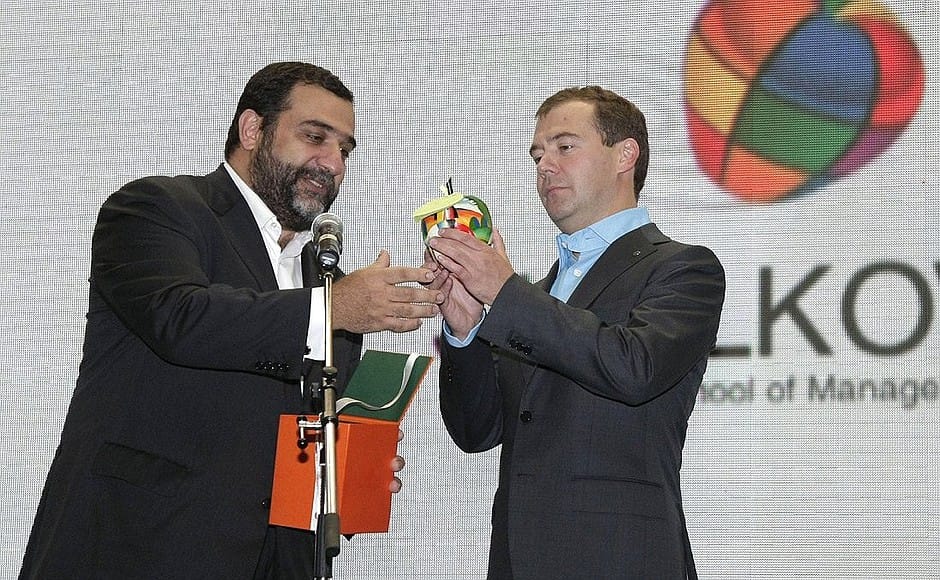
Report on Troika Dialog money laundering sparks a controversy in the Russian business community
What happened
The big news this past week was the publication of the OCCRP investigation of a network of offshore companies used by investment bank Troika Dialog to transfer more than $4.8 billion out of Russia between 2006 and 2013. While the share price of several European banks named in the report fell sharply and official investigations have begin in several countries, in Russia there has been practically no reaction.
- Recipients of the money allegedly laundered by Troika included, for example, companies owned by Putin’s friend Sergei Roldugin, while companies sending the money included offshores identified by the late Sergei Magnitsky.
- On the third day after the publication of OCCRP’s investigation, Troika founder Ruben Vardanyan commented on Facebook. According to Vardanyan, the investigation was confused and information was used out of context. He stressed that in the 1990s “the entire country was one big start-up” and there was no finance industry. Troika, he said, didn’t live by “the laws of the jungle”, but rather strove to create a civilized environment.
- The official reaction was one of apathy. Putin’s press secretary Dmitry Peskov said it was not a question “on today’s agenda” and it should be investigated by the financial authorities. They have not commented and are unlikely to launch an investigation.
- Russia’s largest bank, Sberbank, which bought Troika in 2012, when the money laundering was supposedly still happening, denied any involvement. In the OCCRP investigation, which will see more installments, Sberbank is only mentioned once – as the “giant state-controlled bank” that bought Troika Dialog in 2012 from Vardanyan and his partners for more than $1 billion.
Why the world should care
The official reaction in Russia to the OCCRP report doesn’t leave much doubt: there will be no formal investigation into Troika Dialog. However, the reputation of Ruben Vardanyan, a respected Russian self-made banker, was dealt a serious blow. The impact of the case raised concerns about the controversial practices of other respected Russian business executives,.which have yet to be uncovered.




